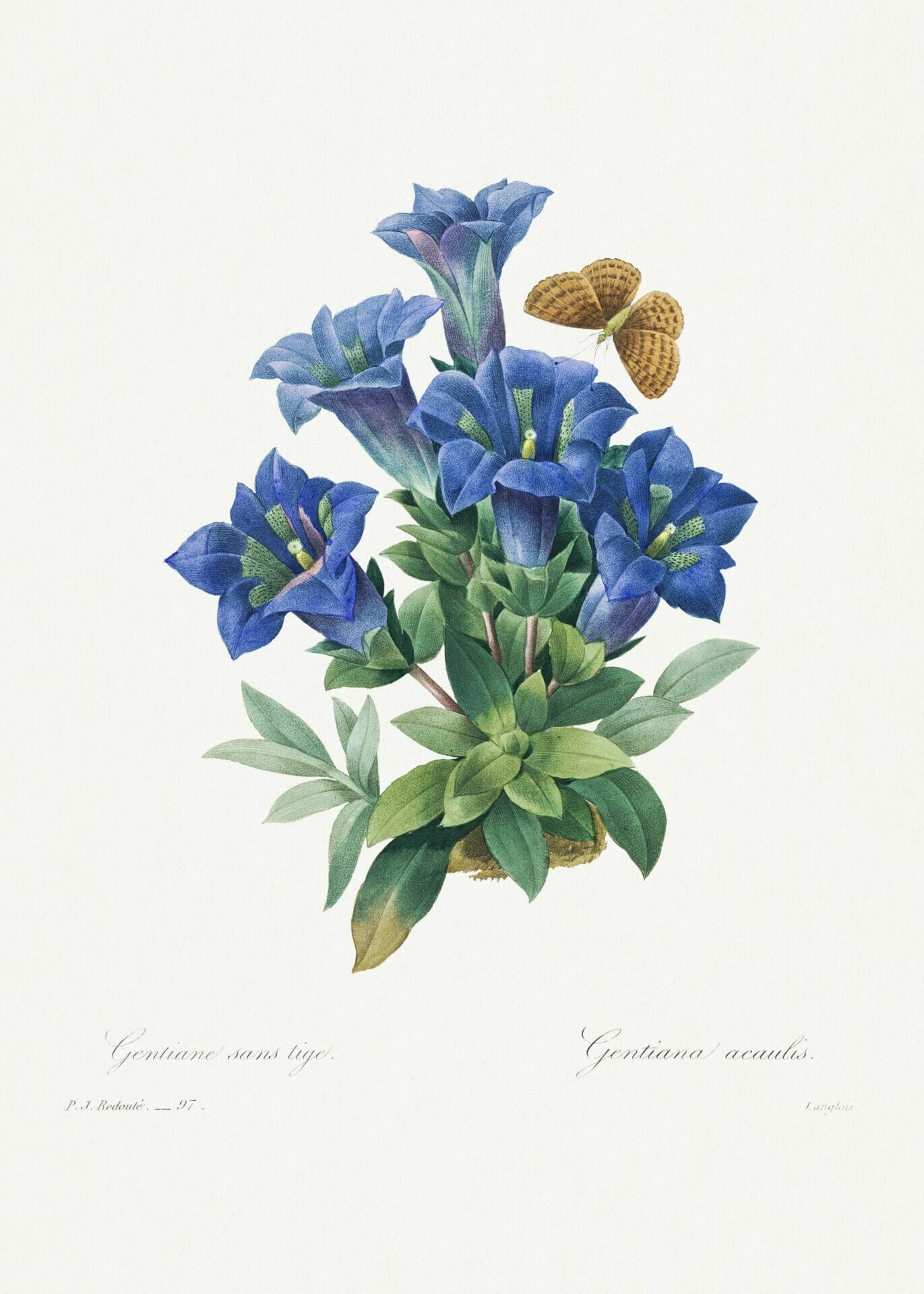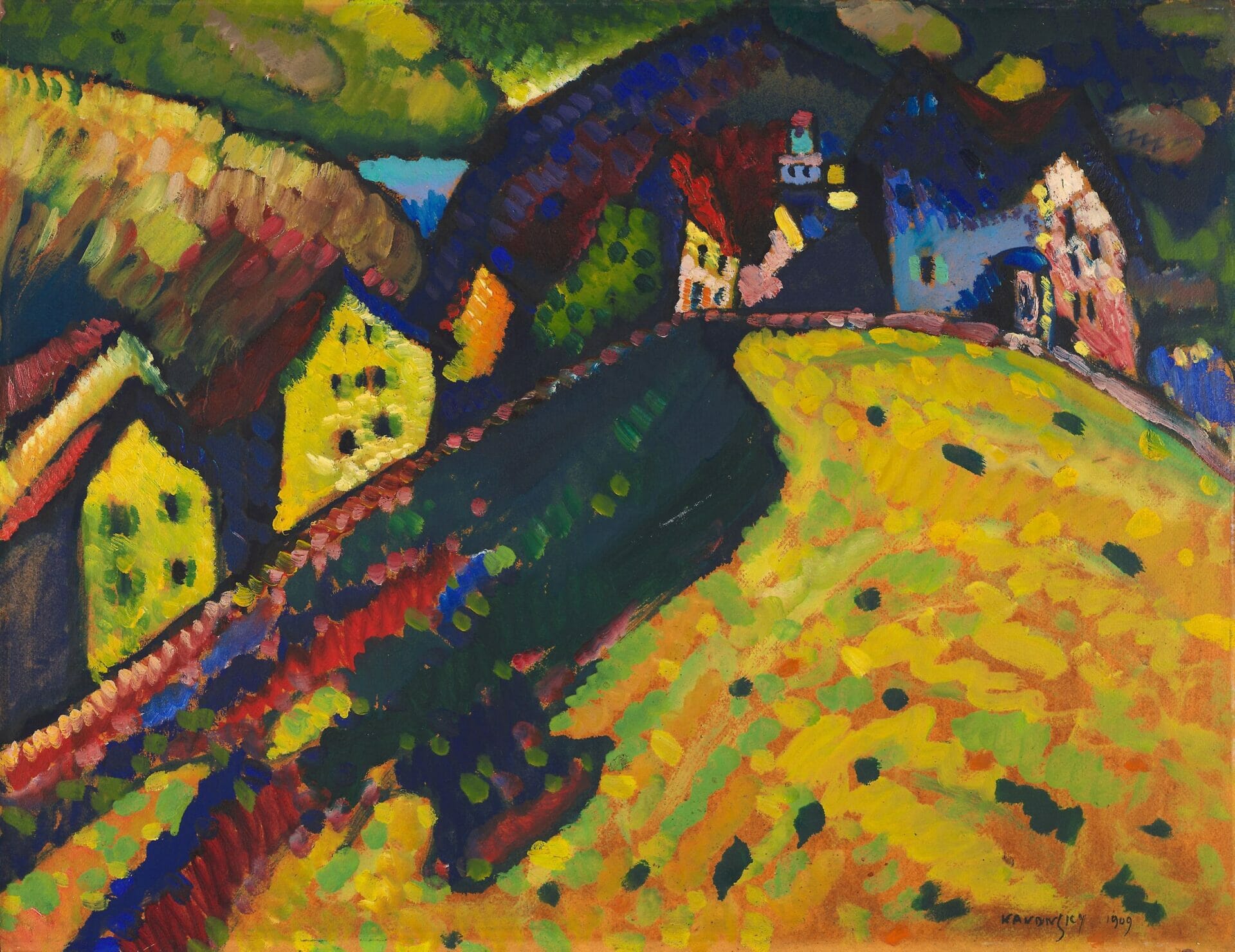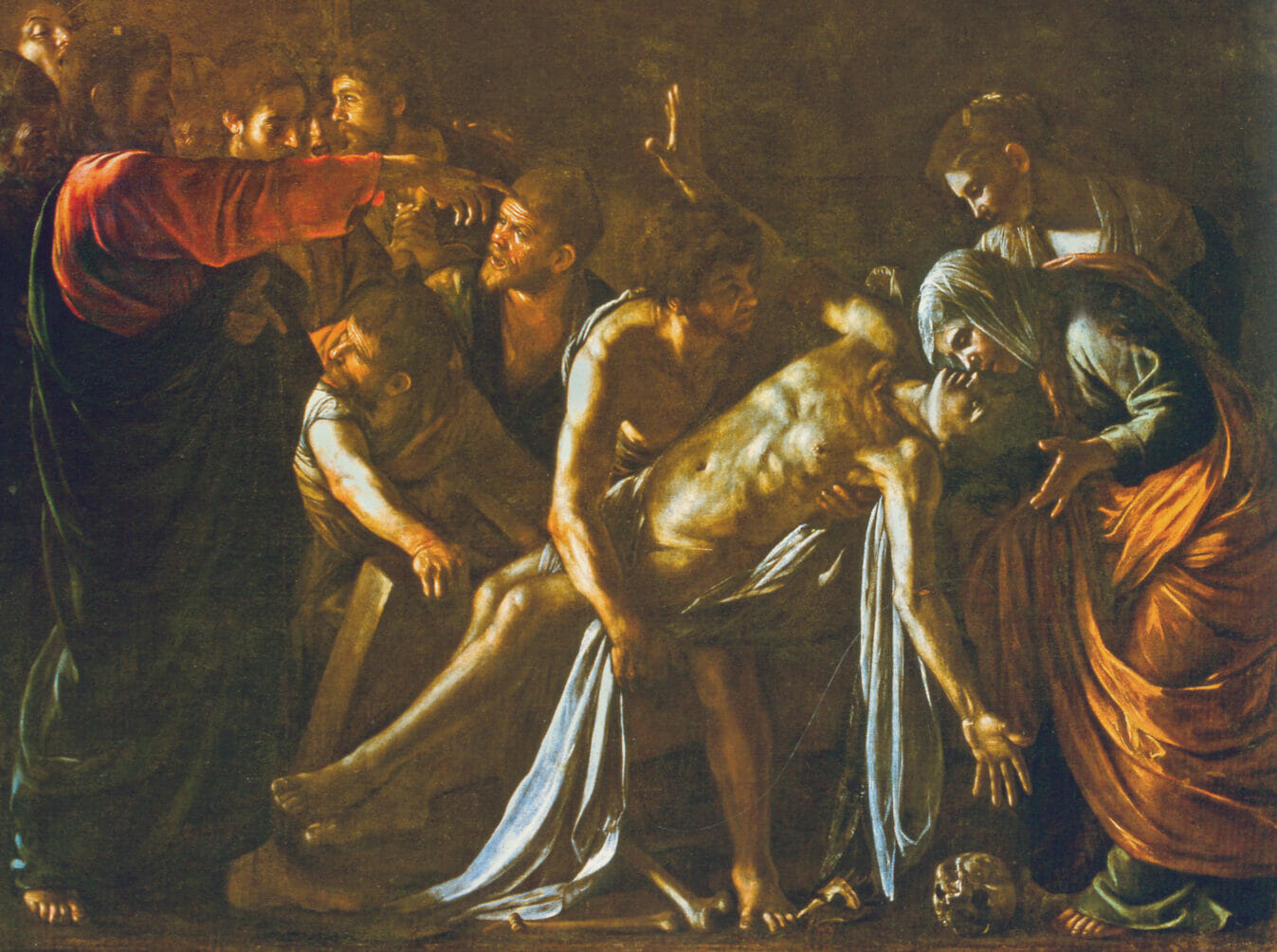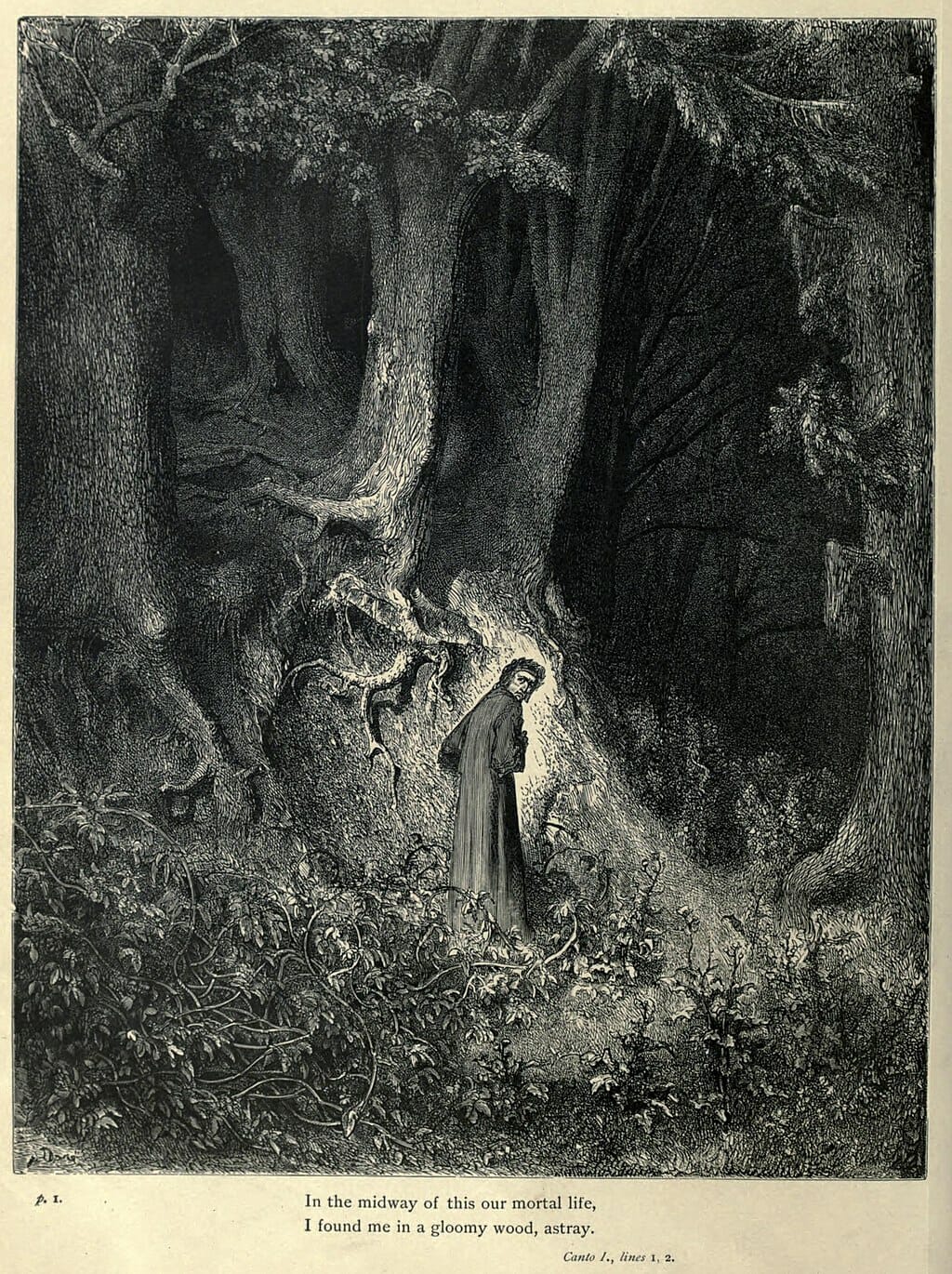
Batter my heart | John Donne's sacred poetry
Author
Year
Format
Batter my heart, three person’d God; for you
As yet but knocke, breathe, shine, and seeke to mend;
That I may rise, and stand, o’erthrow mee, and bend
Your force, to breake, blowe, burn and make me new.
In the Holy Sonnets collection, also known as Divine Meditations, the English poet John Donne composes nineteen poems of sacred content. The Holy Sonnet XIV, also known by the name given by the first verse “Batter my heart, three-personed God” is perhaps the most well-known composition of the collection. John Donne’s poetics often mixes sacred themes with profane expressive models. In Batter my heart, the result is a violent and passionate invocation to God, typical of the lover who orders the beloved to possess him.
I, like an usurp’d town to another due,
Labor to admit you, but oh, to no end;
Reason, your viceroy in me, me should defend,
But is captiv’d, and proves weak or untrue.
A violent faith and a religious paradox
The two leitmotifs of the composition are warlike and amorous. These two metaphorical lines converge in the passionate desire to be violently overwhelmed by God to escape from Satan. The military theme is made explicit in the second quatrain but strongly anticipated in the first one. John Donne compares himself to a city besieged by the devil who begs God to be conquered. The theme of profane love is instead presented in the third quatrain and in the final couplet. The sonnet is built on the paradox of divine violence which, in overwhelming the poet, in reality renews his faith. In the final couplet, the paradox reaches its climax: the chastity of the ego can only result from the metaphorical rape from God.
Take me to you, imprison me, for I,
Except you enthrall me, never shall be free,
Nor ever chaste, except you ravish me.
Language and references
The text, steeped in mystical passion, recalls the biblical Song of Songs in its language. Instead, the poetic style of the sonnet has been widely discussed by critics. Some argue that the structure follows the Petrarchist model, the poetic style introduced by the Italian medieval poet Francesco Petrarca: Donne’s sonnet is, in fact, composed of an octave and a sextet. Others argue that it follows the traditional English pattern of three quatrains and a couplet, making William Shakespeare‘s lyrics the primary reference.
Tag
Buy a ☕ for Hypercritic









